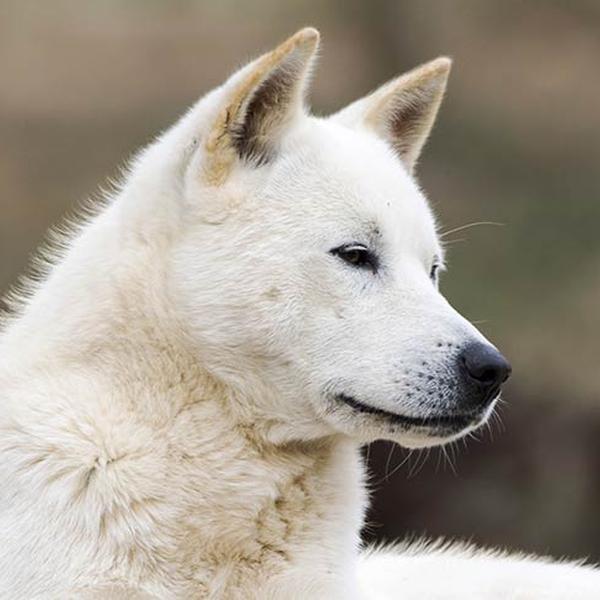Basston vs. Jindo: Breed Differences and Similarities
Hypoallergenic
Are Basstons or Jindos hypoallergenic, or neither?
Unfortunately, neither Basston nor Jindo are hypoallergenic, which may not make them the best choice for dog lovers who suffer from pet allergies.
Watchdog Ability
Which dog breed makes a better watchdog, the Basston or Jindo?
Basstons are decent watchdogs - they'll alert their owner if something seems amiss.
Jindos make excellent watchdogs - they're vocal and protective of their territory.
Origin
What is the origin of Basston and Jindo dog breeds?
United States
South Korea
Ancestry
What are the origins of Basston and Jindo breeds?
Boston Terrier and Basset Hound
Spitz-type
Date of Birth
When were Basston and Jindo breeds first developed?
unknown
Unknown
Litter Size
What is the usual litter size for Basston and Jindo?
A Basston can have a litter of 6-8 puppies on average. However, it's worth noting that the size of the litters can vary greatly. Factors that can influence litter size include the health of the mother, breeding history, and genetics.
A Jindo can have a litter of 12-15 puppies on average. However, it's worth noting that the size of the litters can vary greatly. Factors that can influence litter size include the health of the mother, breeding history, and genetics.
Major Concerns
What are the major health concerns for Basston and Jindo breeds?
Elbow Dysplasia
Obesity
Brachycephalic Syndrome
Hypothyroidism
Minor Concerns
What minor health issues should be kept in mind when owning Basston and Jindo?
Cherry Eye
Cataracts
Glaucoma
Hydrocephalus
Hip Dysplasia
Occasional Tests
What occasional tests are recommended for Basston and Jindo breeds?
Eye
Elbow
Eye Examination
Physical Examination
Hip X-Rays
Thyroid Tests
Energy
How do the energy levels of Basstons and Jindos compare?
Basstons are a good choice for a low-key lifestyle due to their low energy levels.
Jindos' high energy levels make them unsuitable for a low-key dog, choose accordingly.
Exercise Needed
Basston vs Jindo exercise need comparison.
Basstons need moderate physical activity and are great for families and active individuals.
Jindos require significant physical activity and suit those with an active lifestyle.
Tendency to Bark
Do Basstons or Jindos bark more/less frequently?
Basston and Jindos are known to bark very little or not at all. They tend to be very quiet and do not bark excessively. They may only bark in specific situations, such as when they need to alert their owner to something important or when they are in distress.
Past times
What are some enjoyable activities and ways to keep Basston and Jindo entertained?
Walking, Bike ride, Walk, Chasing horses, Catch treats, Brushing, Bubbles, Ball
Walking, Sniffing, Dog Parks, Hiking, Road, Walk, Run
Grooming
Which breed is easier to maintain in terms of grooming, Basstons or Jindos?
The Basston has low grooming needs and is easy to maintain.
The Jindo requires an average amount of grooming compared to other breeds.
Intelligence
Comparing Intelligence: Basstons vs Jindos
Basston has below average obedience intelligence, but they excel in understanding human emotions.
Jindo is highly intelligent and very trainable.
Affection Dependance
Which is the more affectionate dog breed: Basston vs Jindo?
Dog Friendly
Which breed is more sociable with other dogs: Basston or Jindo?
Basstons are generally very friendly towards other dogs, with a happy and affectionate temperament.
Jindos are friendly and active companions, and can be good family pets, though their friendliness towards other dogs may vary.
Playfulness
Which breed is more playful between Basston and Jindo?
Basstons have an average level of playfulness, enjoying playtime like most dogs but not excessively so.
Jindos are a playful breed that needs daily playtime to be happy.
Trainability
How do the trainability levels of Basstons and Jindos compare?
Basston and Jindo dogs are usually easy to train, but may require consistency to fully obey commands.
Compare Basston with other breeds
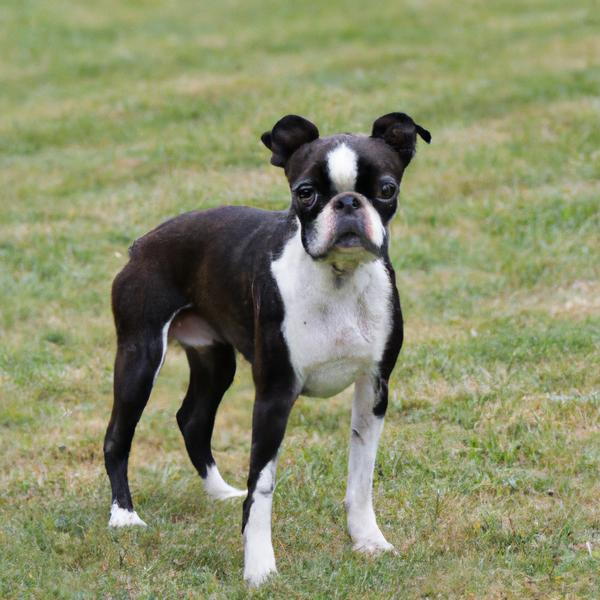
Boston Spaniel
Basston vs Boston Spaniel

Bostalian
Basston vs Bostalian

Aussie Silk Terrier
Basston vs Aussie Silk Terrier

Bagle Hound
Basston vs Bagle Hound

Gerberian Shepsky
Basston vs Gerberian Shepsky
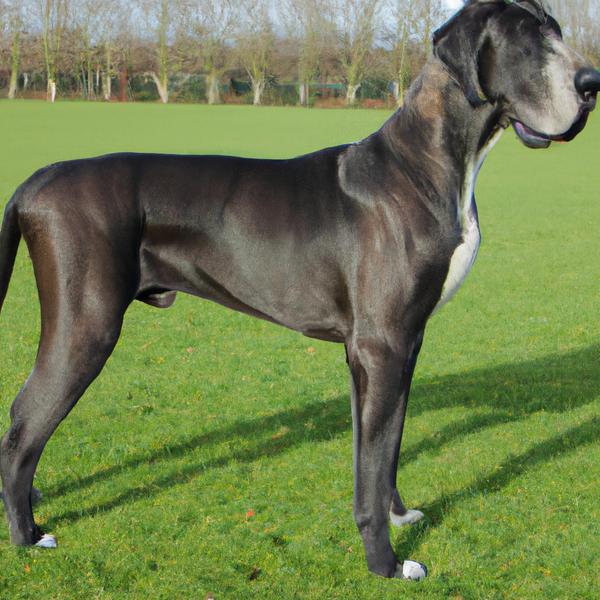
Irish Dane
Basston vs Irish Dane

Great Keeshees
Basston vs Great Keeshees
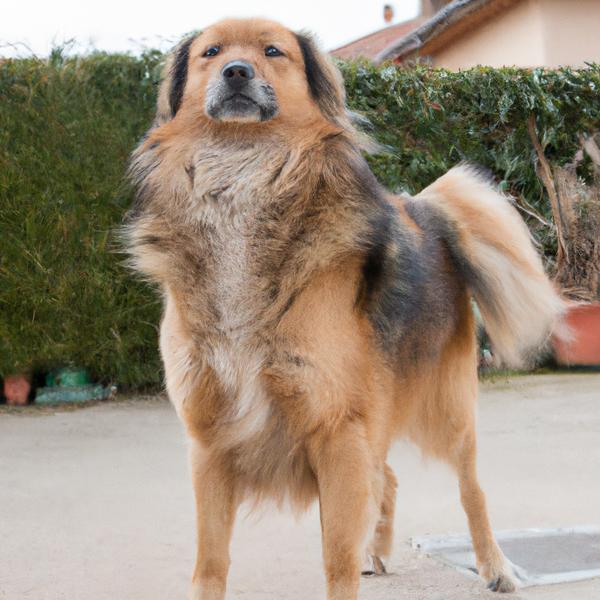
Afollie
Basston vs Afollie

Papichon
Basston vs Papichon

Bull Mastweiler
Basston vs Bull Mastweiler
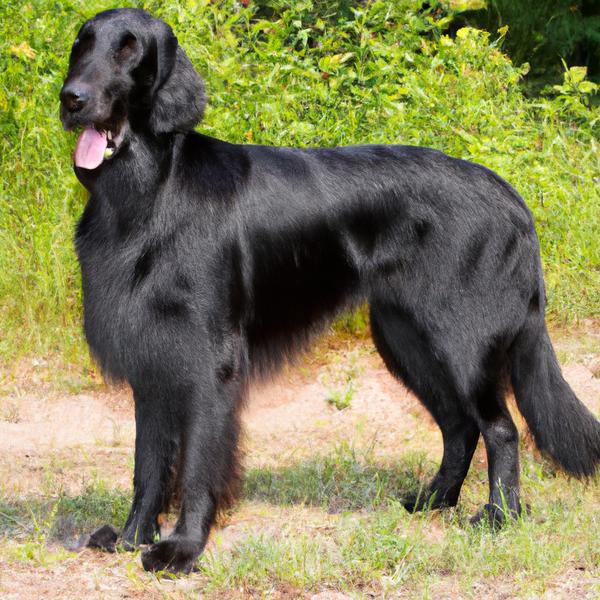
Flat-Coated Retriever
Basston vs Flat-Coated Retriever
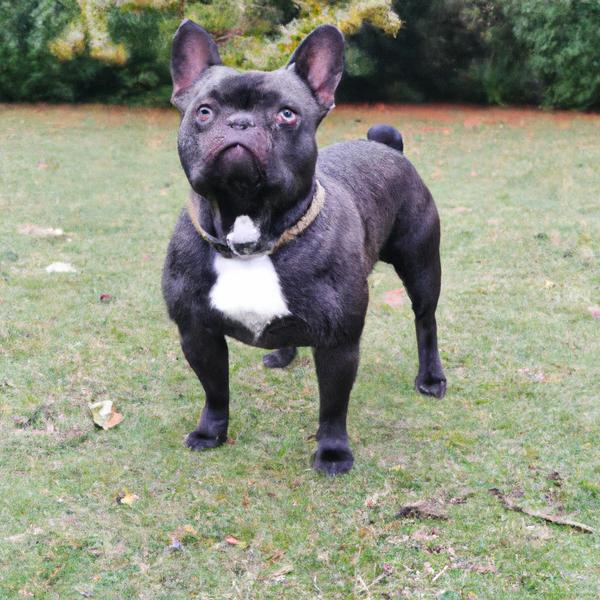
Frenchie Staff
Basston vs Frenchie Staff

